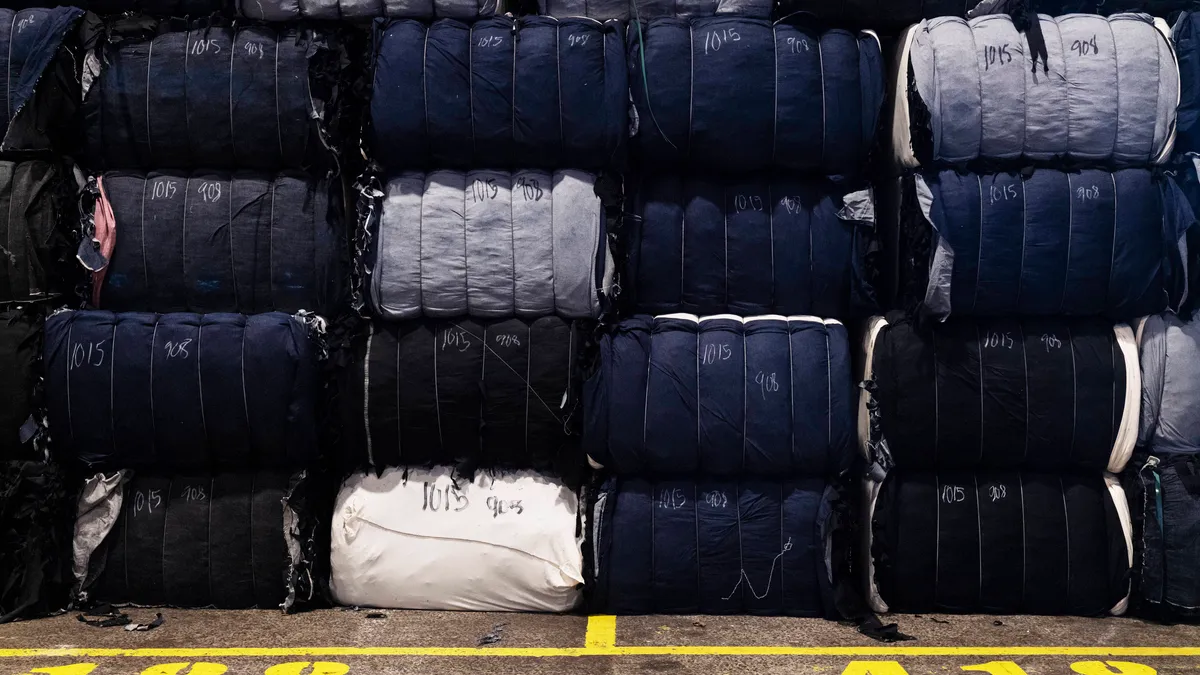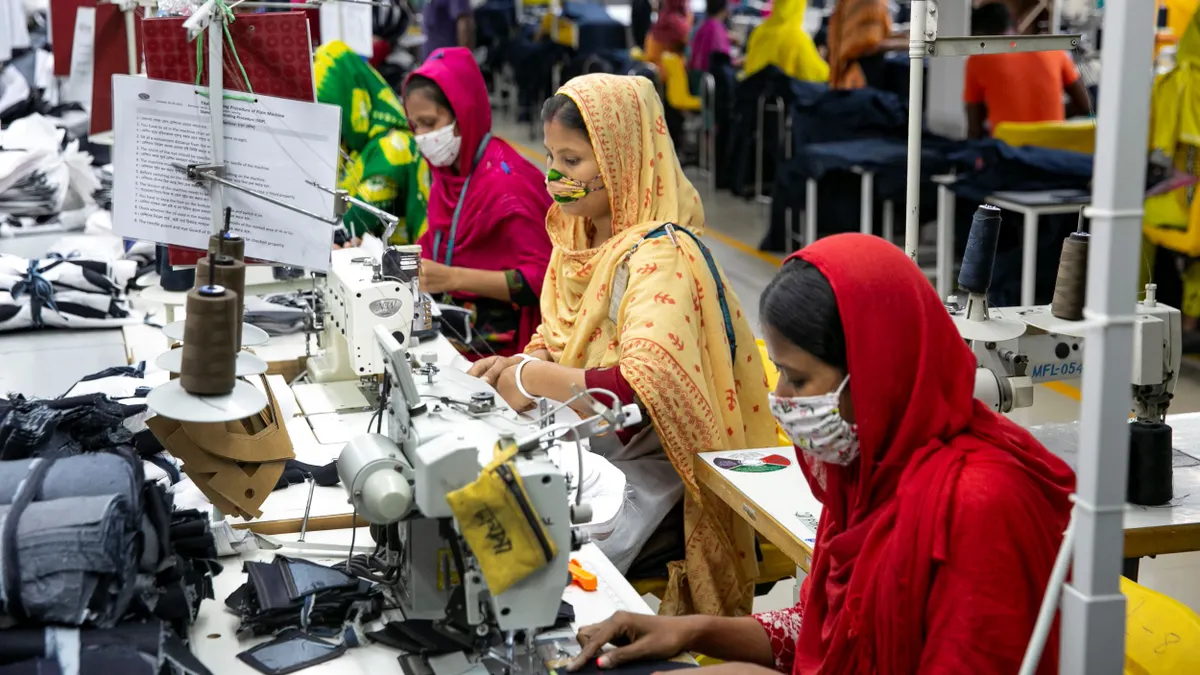Alon Rotem is the chief strategy officer of ThredUp. All opinions are the author’s own.
The ongoing debate about tariffs and trade often fixates on the resurgence of American manufacturing. While boosting domestic production is a vital economic goal, this narrow focus overlooks a powerful and readily available tool for strengthening our economy and protecting our planet: the resale market.
In a world still wrestling with fragile supply chains and growing environmental concerns, strategically-focused tariffs can do more than just encourage traditional manufacturing; they can fuel a fundamental shift toward domesticating our supply chains through the robust expansion of resale.
Resale as a domesticating powerhouse
As manufacturers grapple with the tariff-driven disruption of global supply chains, we can strategically leverage the resale market to cultivate domestic supply chains for a wide array of durable goods. Since the product is already here, resale economies reduce our reliance on complex global manufacturing and shipping, making us less vulnerable to international disruptions. Resale marketplaces effectively offer brands and retailers access to increasingly differentiated products as well as exposure to new customer segments focused on sustainability.
Manufacturing realities and recycling needs
We must acknowledge the current limitations and the time needed to fully revitalize U.S. manufacturing across all sectors. Similarly, U.S. recycling infrastructure requires significant modernization and expansion. Building a robust domestic secondhand supply chain necessitates investment in innovative reprocessing technologies, efficient reverse logistics networks and a skilled workforce for repair and refurbishment. Tariffs can indirectly support this by making imported goods relatively more expensive, thus making domestic resale and repair more economically attractive.
Global resonance of domestic resale
The concept of domesticating supply chains through resale extends beyond U.S. borders. Nations within the European Union and elsewhere are increasingly recognizing the potential of robust secondhand markets, including brand-driven programs, to build localized, resilient economic systems. This reduces their dependence on globally outsourced production, creates regional jobs and helps countries achieve their own circular economy goals.
Integrating recycling for a closed loop
The synergy between resale and advanced recycling technologies, especially when it comes to brand-operated take-back schemes, is paramount. This integration creates a true closed-loop system where goods that can no longer be reused are efficiently broken down and their materials repurposed. In turn, this further minimizes waste and the need for new resources. Policy incentives related to tariffs could be directed toward fostering innovation in textile-to-textile recycling and other advanced material recovery processes, particularly those linked to brand-led recycling efforts.
Strategic policy and innovation as enablers
The full potential of resale can only be realized through forward-thinking policy and technological innovation. Governments need to implement policies that actively encourage the growth of resale infrastructure, support research in recycling technologies and promote sustainable design practices that consider end-of-life reuse and recyclability. This includes targeted tax breaks, grants for circular economy initiatives (especially those involving brand participation) and the development of public-private partnerships.

The central question has shifted. The focus isn't solely on traditional manufacturing; it's about strategically incorporating these processes with sustainable,, scalable solutions such as product resale and recycling. By actively supporting infrastructure and growth, we can transform tariffs from a purely defensive trade tool into a catalyst for a more circular, resilient and domestically rooted economy.
The economic and environmental opportunities are significant. The expanding resale market, increasingly driven by brand participation, offers a clear path to greater supply chain resilience and responsible environmental stewardship. Unlocking this potential requires collaboration. Businesses, policymakers and consumers must work together to cultivate a thriving circular economy ecosystem where resale, particularly through proactive brand engagement and robust recycling programs, plays a central and increasingly vital role in our domestic supply chain landscape.


















